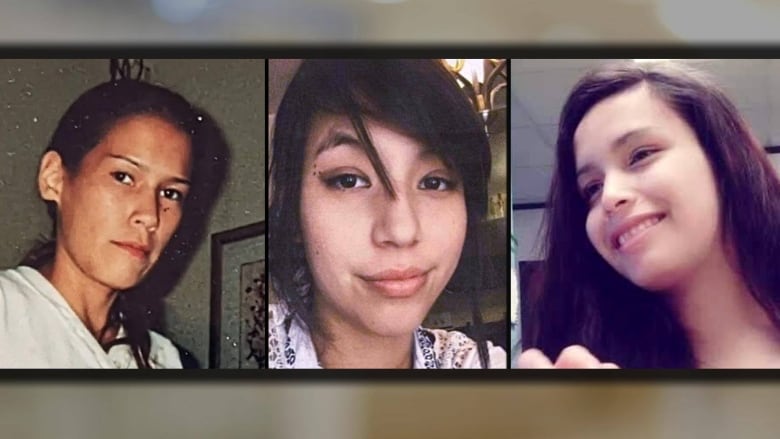WARNING: This story contains distressing details.
People pumped their fists in the air and a Winnipeg courtroom erupted into cheers as a judge convicted a serial killer who targeted Indigenous women of first-degree murder, in a case that sought justice for four women but reverberated far beyond that.
Jeremy Skibicki sat staring straight ahead as Court of King’s Bench Chief Justice Glenn Joyal delivered his judgment Thursday morning, though no sign of emotion appeared on Skibicki’s face as he learned his fate.
The decision, finding Skibicki guilty on all four counts of first-degree murder he faced, came after a trial that heard weeks of evidence in a high-profile case that galvanized people across the country to push for the search of a Winnipeg-area landfill for the remains of two of the women Skibicki killed.
Joyal said while reading a summary of his decision that it would be “artificial and disingenuous” to ignore the fact that for many, the case is “emblematic of much of what is associated with the tragedies that underlie the very grim reality of missing and murdered Indigenous women and girls [MMIWG] in Canada.”
Skibicki, 37, was convicted in the killings of three First Nations women — Morgan Harris, 39, Marcedes Myran, 26, and Rebecca Contois, 24 — as well as an unidentified woman who has been given the name Mashkode Bizhiki’ikwe, or Buffalo Woman, by community leaders. Police have said they believe she was Indigenous and in her 20s.
Contois was a member of O-Chi-Chak-Ko-Sipi First Nation, also known as Crane River. Harris and Myran were both members of Long Plain First Nation. All four women were killed in Winnipeg between mid-March and mid-May of 2022.
Skibicki targeted vulnerable Indigenous women who frequented Winnipeg homeless shelters, bringing each of the four women back to his North Kildonan apartment, where he sexually assaulted or forcibly confined them before strangling or drowning them in his bathtub.
The convicted killer, who argued during his trial that he should be found not criminally responsible due to a mental disorder, now faces an automatic life sentence with no chance of parole for 25 years.
Melissa Robinson, a cousin of Harris, said the court process has been a long road of…
Click Here to Read the Full Original Article at CBC | Top Stories News…

